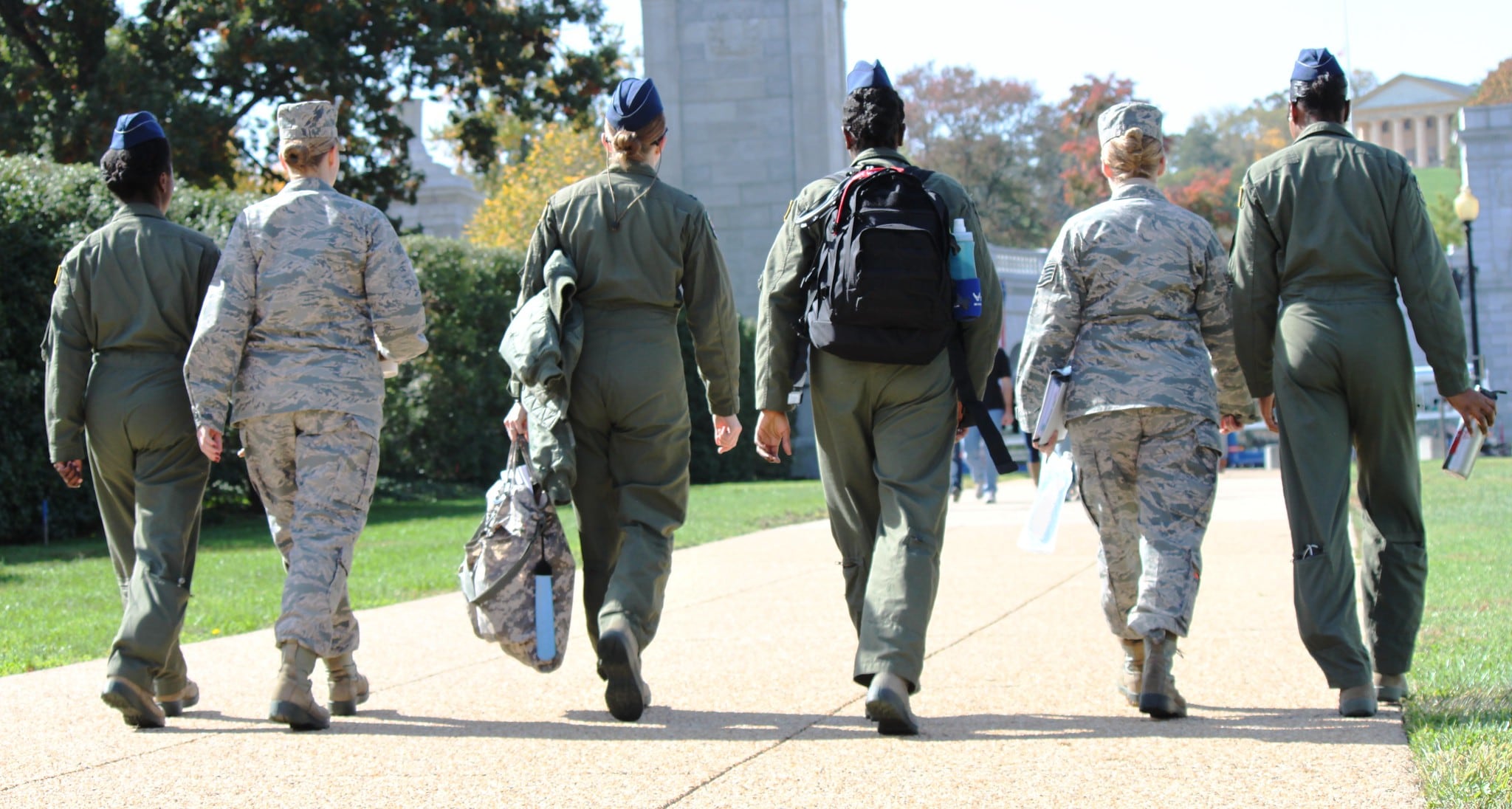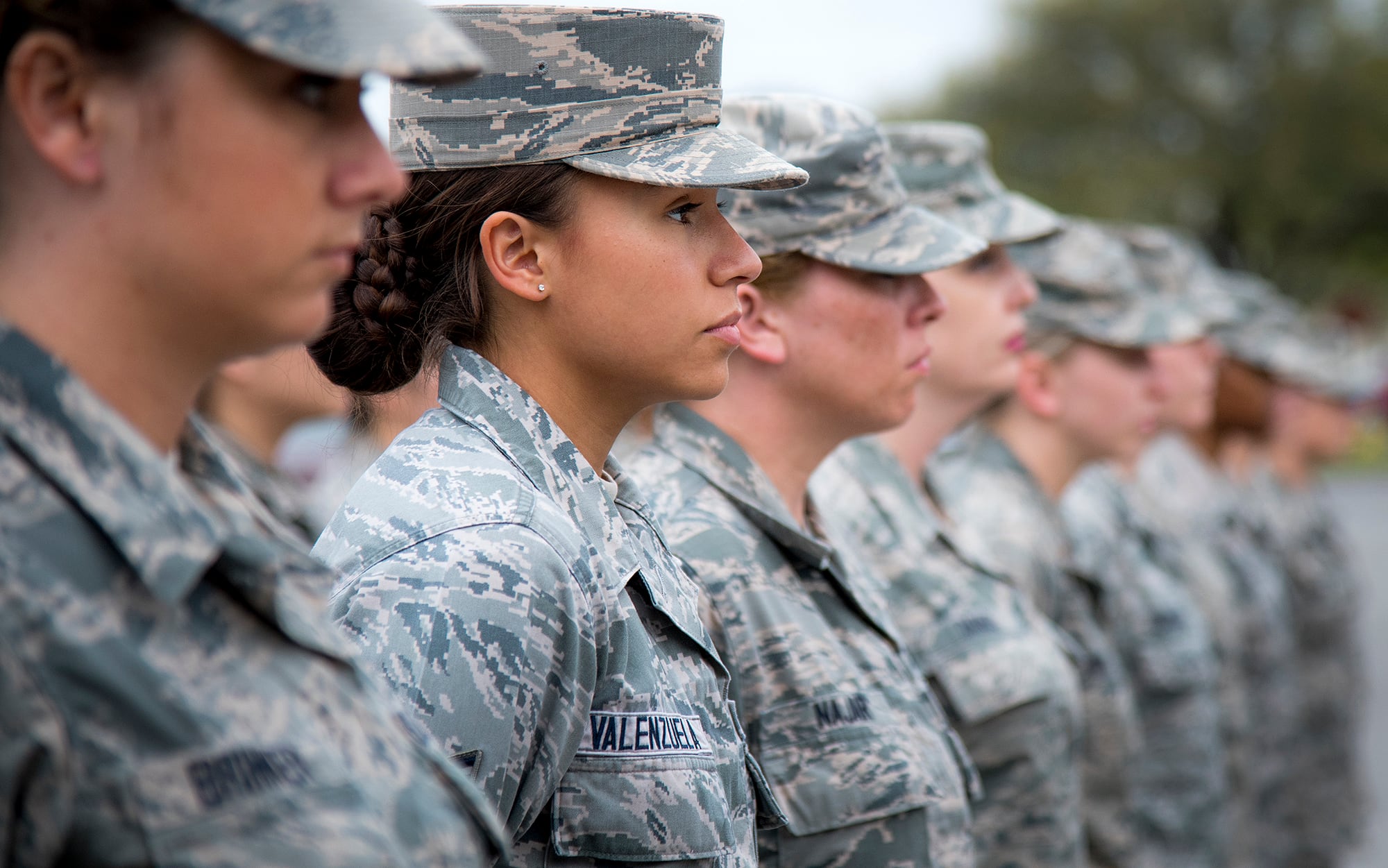Health care transition training could become a requirement for female service members leaving the ranks under a proposal suggested by Congress to ensure that women are getting the information they need about post-military health care support services.
“It should be a mandatory program, where women veterans are gathered together and in a safe place to talk about some of their issues and so the Department of Defense and their military branches understand what their issues might be,” said Rep. Julia Brownley, D-Calif., on Tuesday.
“I think one of the issues is that women don’t even know about the program or have access to the program. And certainly if it’s not mandatory, they might miss it altogether.”
RELATED

Her comments came at a House Veterans’ Affairs Committee hearing on available support services for women troops and veterans.
As part of the discussion, lawmakers on the panel praised the Women’s Health Transitioning Training program, jointly run by VA and Defense Department officials for the last three years to offer more targeted information on post-military health care and support services.
But despite good reviews of the program thus far, lawmakers on the panel said they believe more needs to be done to promote it, to ensure women veterans are aware of it and have access to the training.
Only about 37 percent of all women veterans in America are enrolled in VA health care programs, according to a report from the Congressional Research Service earlier this year. For comparison, about half of all male veterans are enrolled in the system.
Health care officials have said that ensuring veterans are aware of their available benefits — especially medical care options — and understand how to access them is key in their transition from military life, offering solutions to challenges such as financial problems, mental health struggles and suicidal thoughts.
Only about 1,500 women service members have completed the Women’s Health Transitioning Training in recent years, which is currently a self-guided online course offered through the Transition Assistance Program. Of that group, 54 percent have opted to enroll in VA health care after completing the course.
Lawrencia Pierce, deputy director at VA’s Outreach, Transition, and Economic Development office, said officials are planning to expand the program in coming months, to include virtual instructors to provide better engagement and feedback from individuals taking the course.
But William Mansell, director of the Defense Support Service Center, said officials have not considered making the course mandatory for women leaving military service because they prefer to keep transition classes as flexible as possible, so transitioning troops can choose the training that fits best with their needs.
“There are alternate pathways and multiple levels of assistance which allow service members to be in control of their transition processes,” he said. “And if a transitioning service member indicates they need that training, or if their self-assessment indicates they need it, then they will get it.”
RELATED

But Browley and other lawmakers said that approach might not be strong enough, especially given preconceptions that VA health care is more geared towards helping men than women.
“When women leave, they need to know what options are there,” she said. “And many of them leave on a traumatic basis. So many women face harassment or assault that occurred to them while they served in the military.”
For now, there is no pending legislation on the matter, but Brownley hinted she may start putting together such a plan if the training expansion continues slowly.
Along with the addition of virtual trainers, defense and VA officials said they are planning on increased promotion of the program in coming months, to include wider visibility of the program through existing programs and transition networks.
Leo covers Congress, Veterans Affairs and the White House for Military Times. He has covered Washington, D.C. since 2004, focusing on military personnel and veterans policies. His work has earned numerous honors, including a 2009 Polk award, a 2010 National Headliner Award, the IAVA Leadership in Journalism award and the VFW News Media award.




